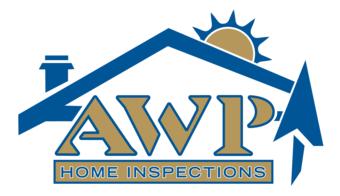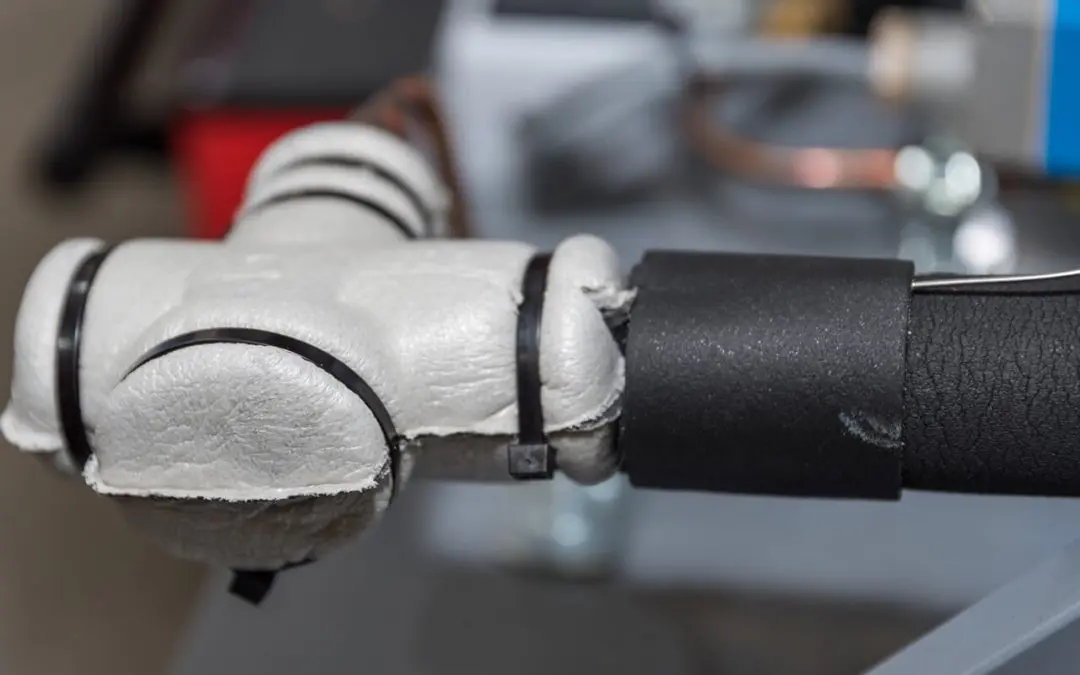Your home’s plumbing provides water for your household so it’s essential to keep the pipes healthy and operating well to avoid plumbing mishaps. Many things can threaten the integrity of your pipes and cause them to leak. To prevent household plumbing leaks, use these four helpful tips.
1. Insulate The Pipes
Pipes in your home that run through crawl spaces have the potential to become damaged by extreme cold. During the frigid winter months, both plastic and metal pipes can succumb to freezing temperatures and the water inside the pipes may freeze. Frozen water inside of your pipes can cause damages like cracks, ruptures, and blockages.
To prevent the water in your exposed pipes from freezing, you can purchase foam pipe insulation. It’s affordable, can be found in any hardware store, and is easy to install yourself. Also, keep one of your faucets at a steady low drip during cold nights to help prevent water in the pipes from freezing. These are just a few ways to prevent household plumbing leaks due to frozen pipes.
2. Adjust Your Water Pressure
If the water pressure within the pipes of your home is too high, it can damage your plumbing. A safe range of water pressure is considered to be between 40 and 50 psi (pounds per square inch). Home water pipes are usually set to 50 psi when built.
There’s a screw on your main water line that can be adjusted to change your water pressure from 25 to 75 psi. It is recommended that the water pressure in your pipes not exceed 60 psi, and reducing the water pressure in your pipes to under 50 psi can help to prevent household plumbing leaks.
3. Use A Water Softener To Prevent Household Plumbing Leaks
Your local water supply might contain a high mineral content. While this doesn’t sound like an issue that could cause leaky pipes, high mineral content in your water can cause your pipes to leak because of increased erosion and mineral deposits that form blockages.
To prevent household plumbing leaks from eroded pipes and mineral deposits, install a water softening system in your home if you have hard water. A water softening system consists of a separate tank that filters your mineral-heavy water through beads that exchange mineral ions with sodium ions. This filtered water reduces stress on your plumbing.
4. Remove Clogs and Use Preventative Measures
With everything that you and your family wash down the drains in your home, it’s understandable that the drains will become clogged every now and then. It’s important to remove these clogs as soon as possible to prevent damage to your pipes. Wire drain snakes are a common manual method of removing drain clogs.
There are also commercial chemicals available in your local home improvement store that are popular for removing clogs, but these chemicals should be used sparingly. Harsh chemicals can be abrasive to your pipes and worsen erosion.
To prevent clogged drains, be mindful of what you put in your drains. Coffee grounds, hot grease, and hair are all common culprits that cause clogged pipes. Keep your drains free of these substances to prevent household plumbing leaks.
AWP Home Inspections serves West Central and Central Indiana with home inspection services. Contact us to book an appointment.

